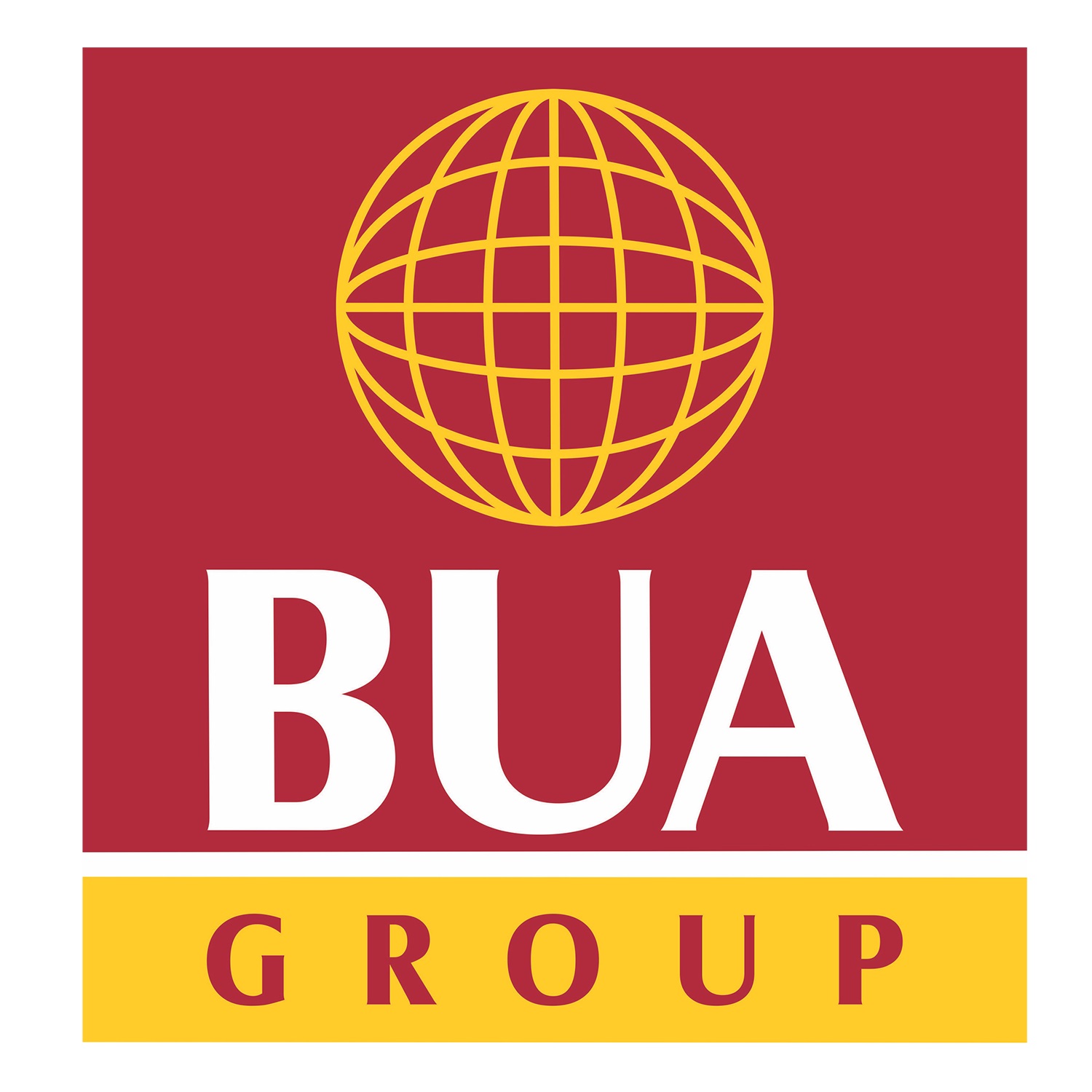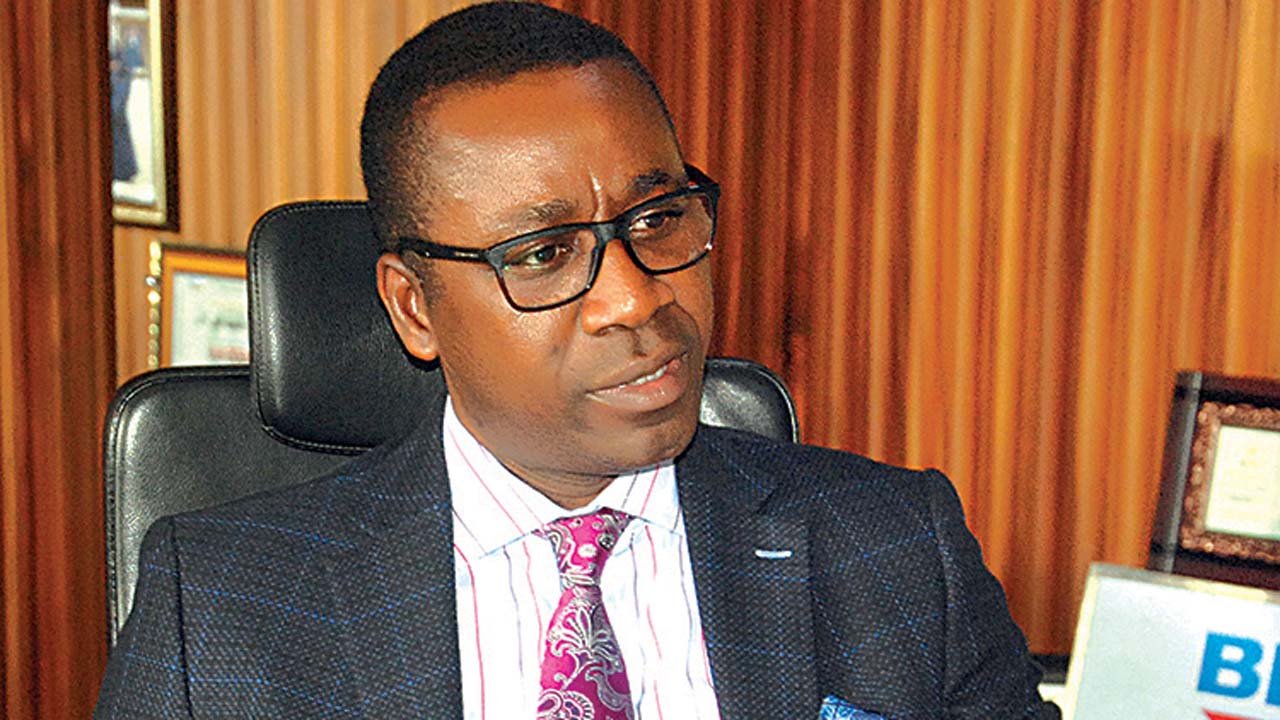Details form an updated version of statistics released by the National Bureau of Statistics (NBS) have indicated resilience and pointer to the recent position of the Central Bank of Nigeria (CBN) that recession may abate by year end after all.
According to the latest figures, Nigeria’s total value of capital imported into the country was estimated at $1.04 billion in the second quarter of the year (Q2 2016), representing an increase of 46.58 per cent compared to $710 million in the previous quarter.
By contrast, Oil and Gas recorded the largest increase, and imported $179.56 million more than in the previous quarter, but Telecommunications also recorded a notable increase of $105.27 million, from $13.44 million in the first quarter, to $118.71 million in the second quarter of 2016.”
But the new figures represented a decline of 60.91 per cent relative to the corresponding quarter of 2015, and contrasted with the preliminary estimate which was based on the first two months of the quarter, which indicated a quarter-on-quarter decrease of 8.98 per cent.
The release by the NBS came just as the Minister of Finance, Mrs Kemi Adeosun, called for reduction in interest rate to boost growth which unfortunately was ignored by the CBN in its position on MPR.
The updated version supersedes the preliminary report published in which capital importation for June 2016 was only an estimation as figures were not readily available then.
Nevertheless, the NBS said it deemed it necessary to provide an update having laid hands on the real figures for June, which appeared to reset the calculations that earlier put total capital importation at about $647.1 million for Q2.
The NBS said a sharp increase in June outweighed the low values recorded in April and May as the level of capital imported in June was the highest monthly value in 2016.
It added that the value of capital importation rose to $610.77 million in June, more than the previous three months combined due to a surge in loans, and helped by a significant change in exchange rate policy as the Central Bank of Nigeria (CBN) opted to move to a more flexible regime.
Specifically, the NBS said analysis showed that “the sharp rise in June in particular and Q2 2016 over Q1 2016 in general was due to a 115.12% quarter-on-quarter and 239.48% year-on-year rise in loans predominantly to the oil and gas (862.02% quarter-on-quarter rise and 4,023.25% rise year on year) and telecoms sectors (783.25% quarter on quarter and 14.22% rise year on year)”.
In May, the value of capital imported was the lowest since August 2009, it added.
According to the statistical agency, quarter on quarter, the foreign direct investment (FDI), portfolio investment and other investments all recorded increases, with other investments recording an increase of 96.09 per cent and accounting for $520.57 million, or 49.95 per cent of the total share of capital imported relative to the previous quarter.
Portfolio investment, which was the second largest component recorded an increase of 24.45 per cent and accounted for 337.31 million, or 32.37 per cent of total capital imported.
Furthermore, portfolio investment was dominated by equity, which accounted for 82.95 per cent, a slightly lower share than a year previously when the share was 84.56 per cent but higher than in the previous quarter when it accounted for 74.41 per cent.
Besides, FDI recorded an increase of 5.64 per cent in the period under review and accounted for a total of $184.29 million, representing 17.68 per cent of the total figure. Equity accounted for the vast majority of FDI, leaving only $0.08 million as capital imported in the form of other capital.
On a sector by sector analysis on capital imported in Q2, the NBS stated that the value of share capital imported into the country was $347.99 million, a significant increase relative to the first quarter of 42.89 per cent.
Year on year, while share capital declined by 72.83 per cent.
It said: “Despite the large quarterly increase, the proportion of total imported capital that shares accounted for in the second quarter was 33.39%, slightly lower than the proportion of 34.25% recorded in the first quarter. It is also less than half the proportion it accounted for in the same quarter of 2015, which is 70.41%. Nevertheless, share capital still accounts for a larger proportion of total imported capital than any individual sector.
The report noted in clear terms that “For the first time on record, the sector to import the largest amount of capital was Oil and Gas, which accounted for $200.39 million, or 19.23% of the total. In all previous quarters, the sector to import the most capital had been Banking, Financing, Production or Telecommunications. The Oil and Gas sector is characterised by occasional high levels of capital importation, interspersed with periods in which very little capital is imported. This sector imported $20.83 million in the previous quarter, and only $4.86 million a year previously.”
“The sector to import the second largest amount of capital was Servicing, which imported capital worth $119.75 million in the second quarter, or 11.49% of the total. This represents a large increase relative to both the same quarter the previous year when capital worth $12.83 million was imported, and the previous quarter in which the value was $55.05 million.
“The largest fall was in the Electrical sector, which recorded $57.31 million less.
“There were five sectors to record no capital importation in the second quarter of 2016 (Marketing, Hotels, Tanning, Transport and Weaving), one more than in the previous quarter. In addition, half of the 20 sectors recorded either a decline in the amount of capital imported relative to the previous quarter, or no change.









